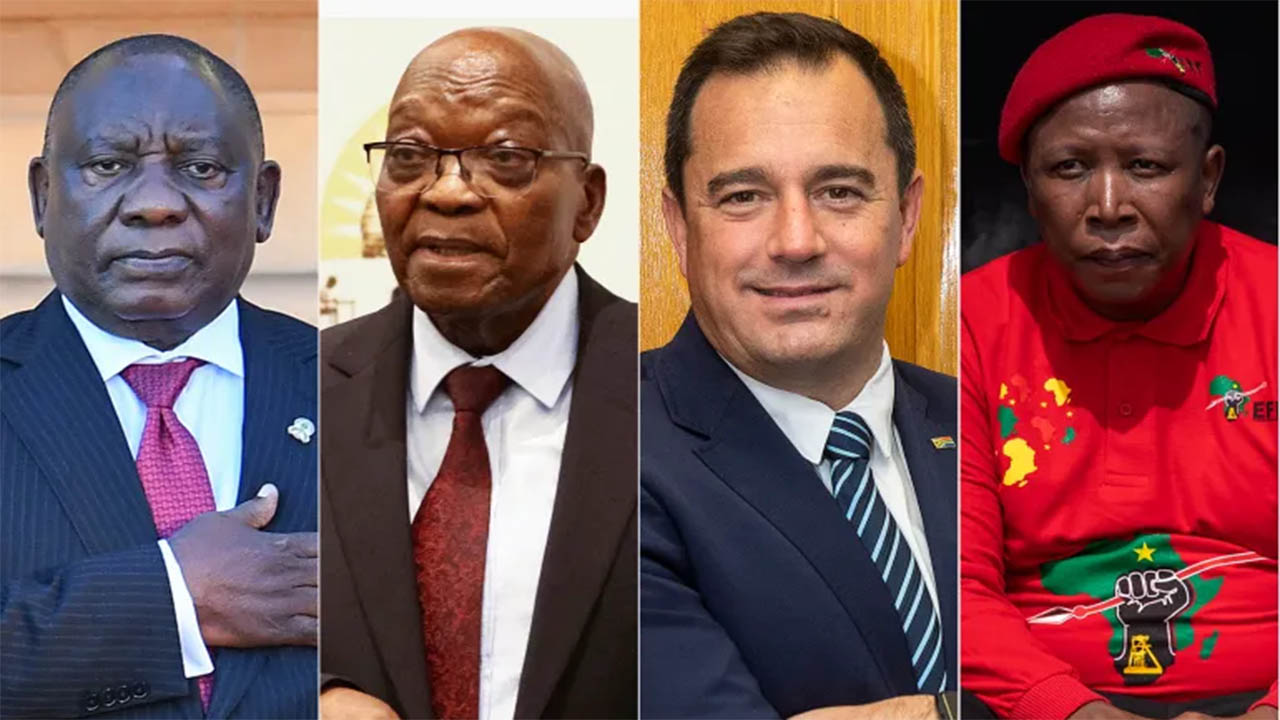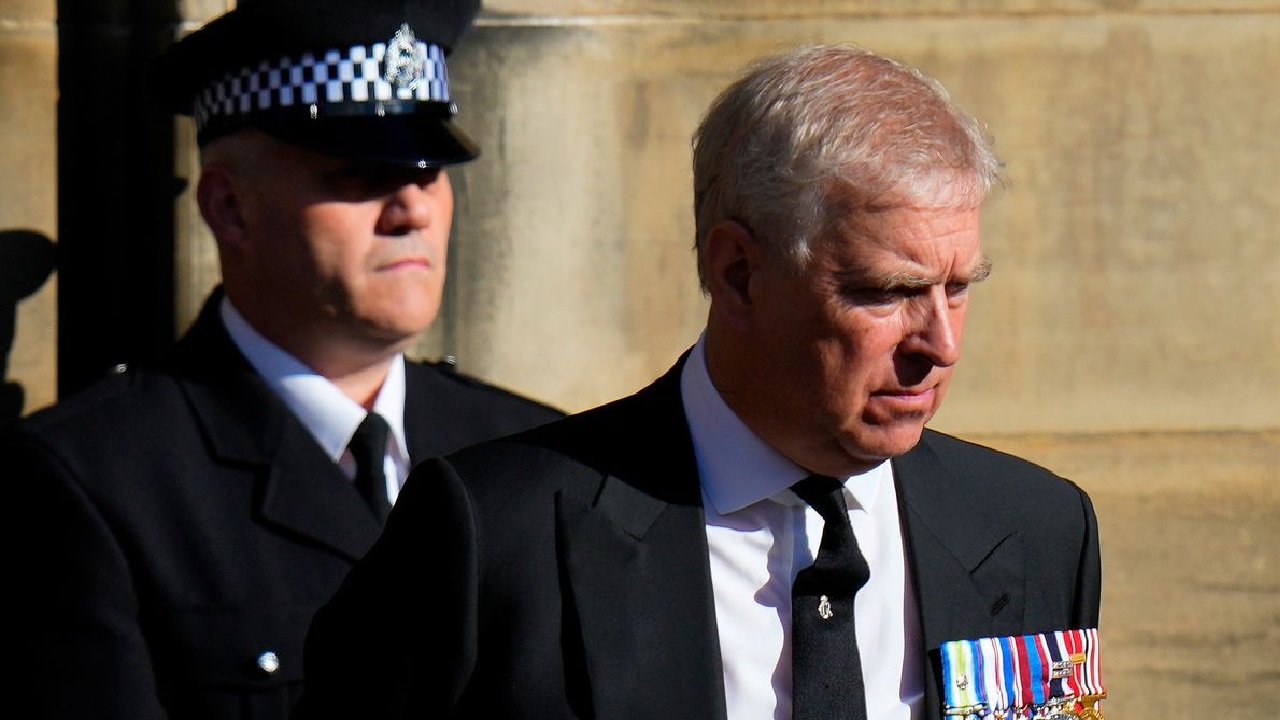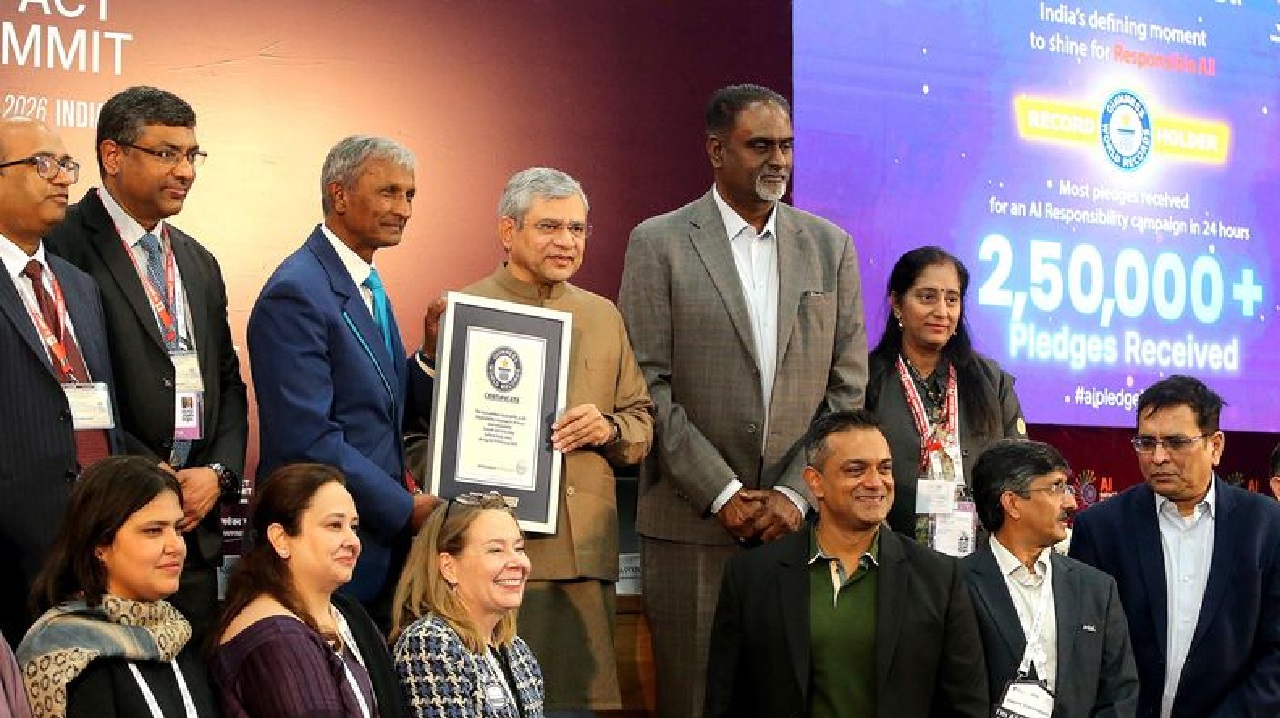Former President Jacob Zuma casts vote after being barred from contesting
· South Africa needs new leadership, says opposition candidate
· Thousands of inmates vote in prisons across South Africa
· The contest this year is quite severe’ – ex-Nigerian President Goodluck Jonathan
· Julius Malema: ‘We are here to take over government’
· Local community Keiskammahoek boycott vote over land dispute
As South Africa gears up for its 2024 elections, the political landscape is charged with anticipation and possibility. With the ruling African National Congress (ANC) facing mounting discontent over issues such as crime and unemployment, opposition parties see a historic opportunity to shift the balance of power.
Former president Jacob Zuma, despite his disqualification from contesting due to a jail sentence, remains a prominent figure in the electoral narrative, casting his vote amidst his supporters in Nkandla. His presence serves as a reminder of the complexities and controversies that have defined South African politics in recent years.
John Steenhuisen, leader of the Democratic Alliance (DA), rallies voters, emphasizing the significance of this election as potentially transformative. He calls for unity among political groups beyond the ANC, highlighting the need for fresh perspectives and approaches to address the country’s pressing challenges.
In a unique aspect of South African democracy, thousands of prisoners exercise their voting rights from correctional facilities across the nation. Despite logistical challenges, the electoral process unfolds with determination, overseen by observers committed to ensuring its integrity.
Julius Malema, founder of the Economic Freedom Fighters (EFF), emerges as a pivotal figure, poised to influence the election’s outcome. His advocacy for marginalized communities resonates with many, particularly disenfranchised youth and those grappling with economic hardship.
However, amidst the fervor of electoral politics, pockets of dissent emerge. In the Eastern Cape province, the Keiskammahoek community boycotts the voting process, citing grievances over unresolved land claims. Their protest underscores the deep-seated socio-economic disparities that continue to fuel discontent within the population.
Criticism of Malema’s lifestyle and wealth adds another layer of complexity to the political discourse, with rivals questioning his commitment to the causes he champions. Yet, for many supporters, his unapologetic stance and bold rhetoric represent a break from the status quo, offering a vision of change and empowerment.
As the nation awaits the election results, the stakes are high, and the future direction of South Africa hangs in the balance. Will the ANC retain its grip on power, or will the winds of change usher in a new era of governance? Only time will tell, but one thing is certain: the 2024 elections mark a pivotal moment in South Africa’s democratic journey, with the potential to reshape its political landscape for years to come.
Amidst the political theater, observers such as Jonathan, leading an observer mission of the Electoral Institute for Sustainable Democracy for Africa, reflect on the significance of the electoral process. “The elections are going on well,” he remarks. “The contest this year is quite severe.” His words capture the gravity of the moment, as South Africans from all walks of life engage in the democratic exercise with determination and hope for a better future.
In the midst of the election frenzy, the media spotlight also shines on the logistical intricacies of the electoral process. Reports surface of delays and disruptions, such as those witnessed at the Mpumalanga Barberton Correctional Facility, where voting was delayed by an hour due to issues with electoral officials. Such challenges serve as reminders of the importance of robust systems and procedures to uphold the integrity of the electoral process.
Yet, amidst the challenges and complexities, there is a sense of optimism and determination among voters. Across the nation, citizens turn out in high numbers, eager to exercise their democratic rights and shape the future of their country. For many, the 2024 elections represent not only a chance for political change but also a reaffirmation of the principles of democracy and civic engagement.
As the sun sets on election day, the nation awaits the outcome with bated breath. Will the ANC weather the storm of discontent and retain its majority, or will the winds of change blow in a new era of governance? Whatever the result, one thing is clear: the 2024 elections have reignited the spirit of democracy in South Africa, setting the stage for a new chapter in its political history.
(With inputs from agencies)








